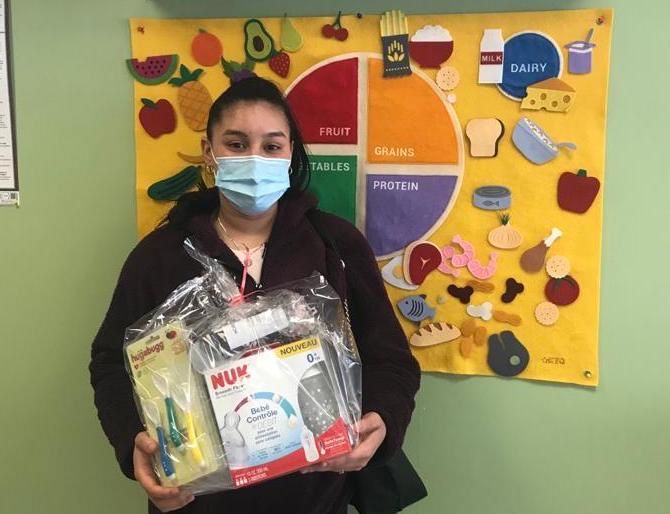There’s a Baby Formula Crisis in the U.S. Here's How the Good+ Foundation is Helping Families in Need
You’ve likely heard about the baby formula crisis happening right now. Due to supply chain issues, inflation, and increased demand, there is a lack of this parenting essential and it is impacting some of the most at need in this country. But it isn’t just formula that is being impacted by these delays and costs. We spoke to Katherine Snider, CEO of the Good+Foundation, to understand what is happening, why this is happening, and what they are doing to help.
Katherine explained that in addition to securing approximately $10 million in corporate product donations, Good+Foundation has a $200,000 budget for purchasing items (at wholesale or below) that they can never get enough of through donations. Since they set that budget in October of 2021, they have seen a 25% increase in the price of key goods, including diapers and critical gear items like car seats and high chairs. Of note, Katherine also explained that an order of strollers placed in March wouldn’t be arriving until July. In running this year's numbers on formula requests from their grantee partners over last year's, they saw a 137% increase in demand for formula.
One of the issues the Good+Foundation has run into when purchasing formula is their newfound inability to purchase at wholesale prices or directly from the companies themselves. Why is this? Our research finds that it’s a result of an industry monopoly when it comes to baby formula. As of 2018, four companies controlled nearly 90% of the marketplace in the U.S.: Abbott (which makes Similac), Reckitt Benckiser (Enfamil), Nestlé (Gerber), and Perrigo (which makes store-brand formula). Similac also had a recent recall, only accelerating the problem. It appears that this narrow pool of providers has provided a significant hurdle for Good+ to place orders at breakeven or wholesale prices.
But, Good+ isn’t just seeing these delays with formula, and that isn’t the only area of concern for families in need. As the country with the highest child poverty needs in the developed world, there are problems that are happening across the board. Prior to the pandemic, approximately 1 hour of minimum wage work would typically pay for a pack of diapers. Now, it takes approximately 1.5 hours of minimum wage work for that same pack. As costs on essential items increase, unfortunately pay does not. And this has led to an overall increase in food insecurity among families. Which is where Good+ has been instrumental in helping their micro-grant participants with the purchase of groceries.
So, how can you help? You can participate in Good+ Foundation’s Infant Feeding Drive through Amazon. All items purchased on the list will be supplied to families facing critical conditions feeding their children. You can also make a donation directly to Good+Foundation, in the form of time, money, or goods. If you are in need of assistance, find out more information here.




